
Vitamin B involves 13 related vitamins gathered into vitamin B-group. They act jointly, with each other and they are therefore known as B-complex.
Sources
The main and common source of vitamin B is yeast that contains the highest amounts of vitamin B. However, in addition to yeast some foods also contain vitamin B such as liver, whole grains, beans, milk, fish, eggs, poultry, spinach, parsley, plums, tomatoes, Brussels sprouts, kale, nettle, walnuts, carrots, Swiss chard, peanuts, bananas, and beer.Considering that the body does not create a reserve of this vitamin, it must be entered on a daily basis, and the real and rational source of I are whole grains and white bread.
Benefits
Vitamin B is a real "nervous" vitamin because it strengthens the nerves, treat various nervous disorders and ensure the proper functioning of the nervous system.Also, regular intake of vitamins B improves the mental health and facilitates mental disorders, fatigue and depression.
In addition, it also improves memory and concentration.
Vitamin B significantly affects the blood improvement. It is one of the important factors in the treatment of anemia because it allows better utilization of iron.
Vitamin B is an integral part of the enzyme and one of the most important factors for their effective acting. It participates in numerous metabolic processes such as metabolism of carbohydrates, fats and cholesterol in which it plays the most important role. Vitamin B positively effects on the digestive tract because it promotes the secretion of ferments on which digestion depends.
It also prevents the start of arteriosclerosis, excessive blood clotting and the formation of kidney stones.
This vitamin plays an important role in protecting the liver and stimulation of its function.
It also has the favorable effect on the eyes.
B group vitamins prevent unhealthy appearance on the skin, hair and nails regenerating skin cells, which rejuvenates skin making it smooth and pink.
Vitamin K, P and H
B group vitamins also contain K, P and H vitamins.Vitamin K (folic acid) enhances blood coagulation. It is essential for normal blood clotting and stops bleeding in injuries. Spinach, cabbage, cauliflower, peas, tomatoes, nettle, liver, eggs and yeast are rich in folic acid.
Vitamin P (citrine) strengthens the walls of small blood vessels - capillaries, preventing their fragility and walls cracking and reduces the permeability of capillaries (bleeding). Green pepper, black currant, lime, chestnut, plums, eggs, and all plants that contain vitamin C (vitamin P is always accompanied by vitamin C) contain significant amounts of vitamin P.
Vitamin H (biotin) maintains skin, hair and mucous membranes health. It is known that vitamin H rejuvenates the skin. It is important for athletes because it helps in breaking down lactic acid which forms muscle bunches as a result of physical effort. Liver, yeast, milk, eggs, cereals, nuts, fish oil, beer, potatoes, bananas and tomatoes are rich in vitamin H.




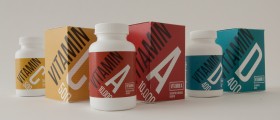

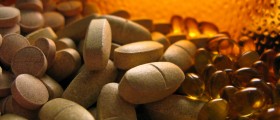

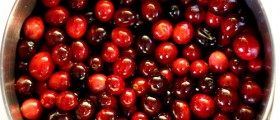

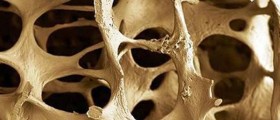
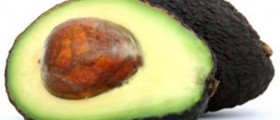




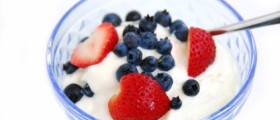
Your thoughts on this
Loading...